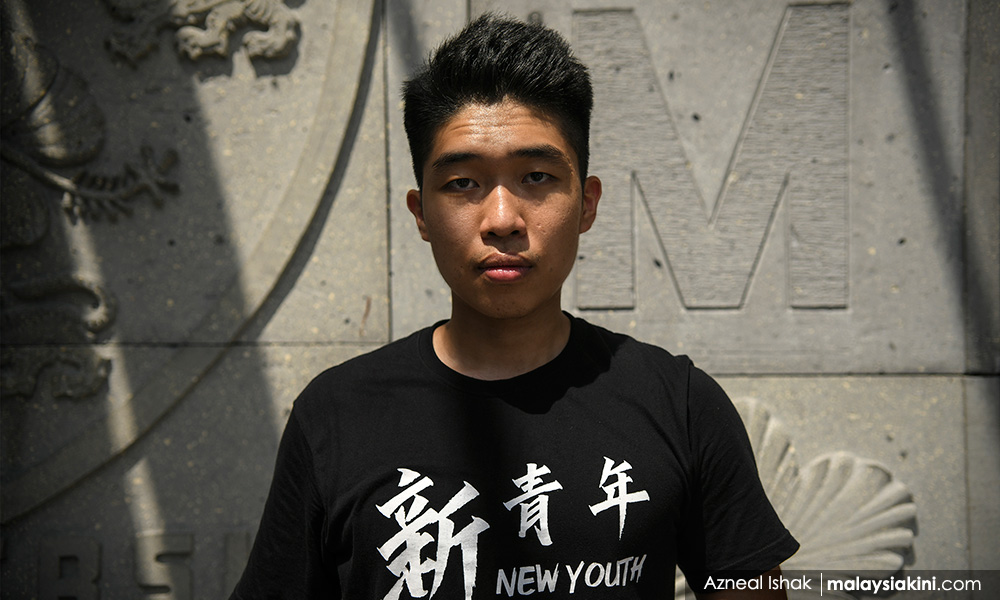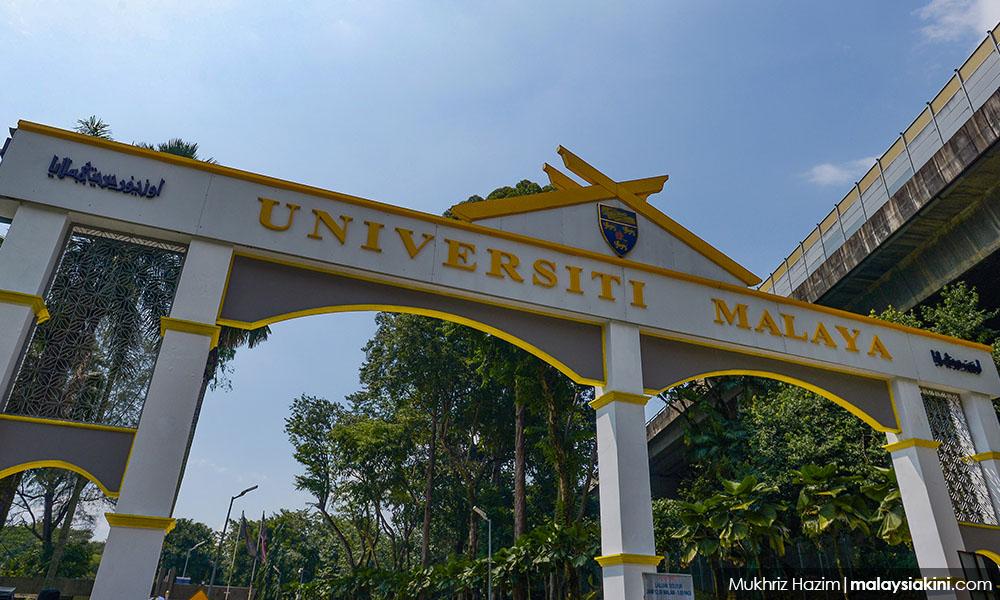At the end of every academic year, the media publicises the number of PhD graduates, focusing mainly on public universities.
The reports are always in praise of the new graduates, and of the universities that awarded them their degrees. No doubt, many of these newly crowned PhDs deserve these awards.
But not most of them.
On the flip side, the Malaysian public is very used to cringe-worthy PhD holders who are quoted or interviewed by our media, on either domestic politics or international affairs.
The media is probably under the impression that these academics with a PhD, and who are Associates or full Professors, must be highly capable of sound analyses.
After all, many of them have administrative positions in their faculty and may teach at one of Malaysia’s top research universities. Therefore, “so-and-so” might be the right academic to interview.
It would be another matter if our reporters read the lecturer’s publications before seeking their opinion or checking to see if they have commented intelligently in previous public interviews or talks.
But for the most part, reporters are not expected to do this. Most of the time, I think they look at academic credentials, professional status, involvement in public talks and forums, and to some extent, their popularity on social media.
Also, there seems to be scant debate about the need to distinguish between an academic and a scholar, and why such a discussion is important for nation-building.
This makes it more difficult for institutions like the media to source credible comments from our “intellectual” elite. We do not seem to know who our academics, scholars, or intellectuals are, and neither do we see the need to distinguish the three.
However, this is a topic for another time. Too often, titled lecturers end up making national and international fools of themselves. What is worse, it is they who tarnish the names of the universities that employ them, yet no action is taken.
Tight control over critical thinking
Instead, student unions, speakers’ corners, academic activists, and public intellectuals are perpetually targeted.
A recent example is how University of Malaya Association of New Youth (Umany) former president Wong Yan Ke, was prevented from speaking at a UM student union forum on freedom of speech. Campus security also rounded up the organisers for questioning.

When will our universities, and the political leadership they feel they need to please, realise that incompetent academics ruin the nation’s credibility and could potentially disrupt the peace?
This is unlikely to happen when intelligent and socially-concerned students and faculty are permitted to debate against injustice, oppression, and tight control over critical thinking.
A grossly uninformed academic who comments about a foreign nation’s domestic politics may inadvertently insult that country’s leadership or society. This could be a serious economic or security threat to a small nation like Malaysia. The repercussions of this for our own society are manifold.
The more we showcase such ignoramuses among our university teaching staff, the global embarrassment and potential national threat increases.
Just think for a moment about how such individuals deliver their so-called knowledge in class to impressionable young undergraduates. False information and misinformation can be a geopolitical threat.
It is obvious many of these lecturers do not closely keep abreast of their scholarly discipline. But they may want to be on TV so desperately, so they may agree to comment publicly on a foreign nation’s domestic politics, for example.
Alas! They end up embarrassing themselves and their institution, not only with an uninformed analysis, but with an equally incomprehensible diction.
Having said that, being incompetent is not the only “crime”. Rather, an incompetent academic with all the trappings of a high-flying scholar, some of whom are full professors with a string of million-ringgit government grants to their name, is also a national embarrassment. There have been so many examples over the years.
Much ado over university rankings
The fact that Malaysians still pay so much attention to “rankings” is another frustrating condition of our mindset. This is because we take a narrow view of the ranking exercise. I need not elaborate here; by now most readers know my stand on the issue.
Rather, when we read the latest national university ranking data, and how Universiti Malaya topped the latest list, we are again elated. Yet, when universities rise or fall from any ranking list, there is no extensive analysis of why this happened. The public should be informed, should they not?.

For example, UM’s topping the list could be due to the underperformance of the other public universities. It is a constant exercise in frustration to see how the media and most Malaysians celebrate when one public university improves a few places, or when a private university “breaks into the top 500”. Yet, we cheer like parrots without understanding how it all works.
And just as quickly, these same Malaysians lament about how an increasing number of graduates are unemployable, or that these young graduates decide to migrate in search of a better livelihood.
This is pathetic because we ignore the elephant in the room, which is how politics has interfered too much in education, and that ranking has very little to do with problems on the ground in Malaysia.
The government of the day has a tight control over public university leadership. This dynamic has stifled the freedom of speech on campus. As such, lecturers must be careful about what they assign as reading material for their students. Such material must be closely scrutinised for what is deemed seditious, anti-Islam, or for elements that could “threaten public order”.
Book banning is part of this stifling process. As of 2016, over 1,601 titles of books and magazines have been banned in Malaysia. These include many of Faisal Tehrani’s books for allegedly containing “shia elements”. Public forums by local and foreign university scholars have also been cancelled abruptly.
Hence, open discussions on campus, on politically, religiously, and racially controversial topics seldom take place, if at all. Thanks to repressive laws such as the University and University College Act (1971), and the Printing Presses and Publications Act (1984).
GE15 is around the corner. I wonder which candidate, if any, will openly adopt the issues raised in this article, as part of their election manifesto to get elected?
Malaysia’s higher education system has too many problems and most of it is political in nature. Politicians control our universities to manipulate society so that they have staying power and can reap the benefits that come with helming the country’s coffers.
There is so much that is wrong with our public universities. Three that stand out are academic mediocrity, harassing student unions, and suppressing freedom of speech. - Mkini
SHARIFAH MUNIRAH ALATAS is an academician with zero tolerance for corrupt, arrogant, and frivolous leadership.
The views expressed here are those of the author/contributor and do not necessarily represent the views of MMKtT.




No comments:
Post a Comment
Note: Only a member of this blog may post a comment.